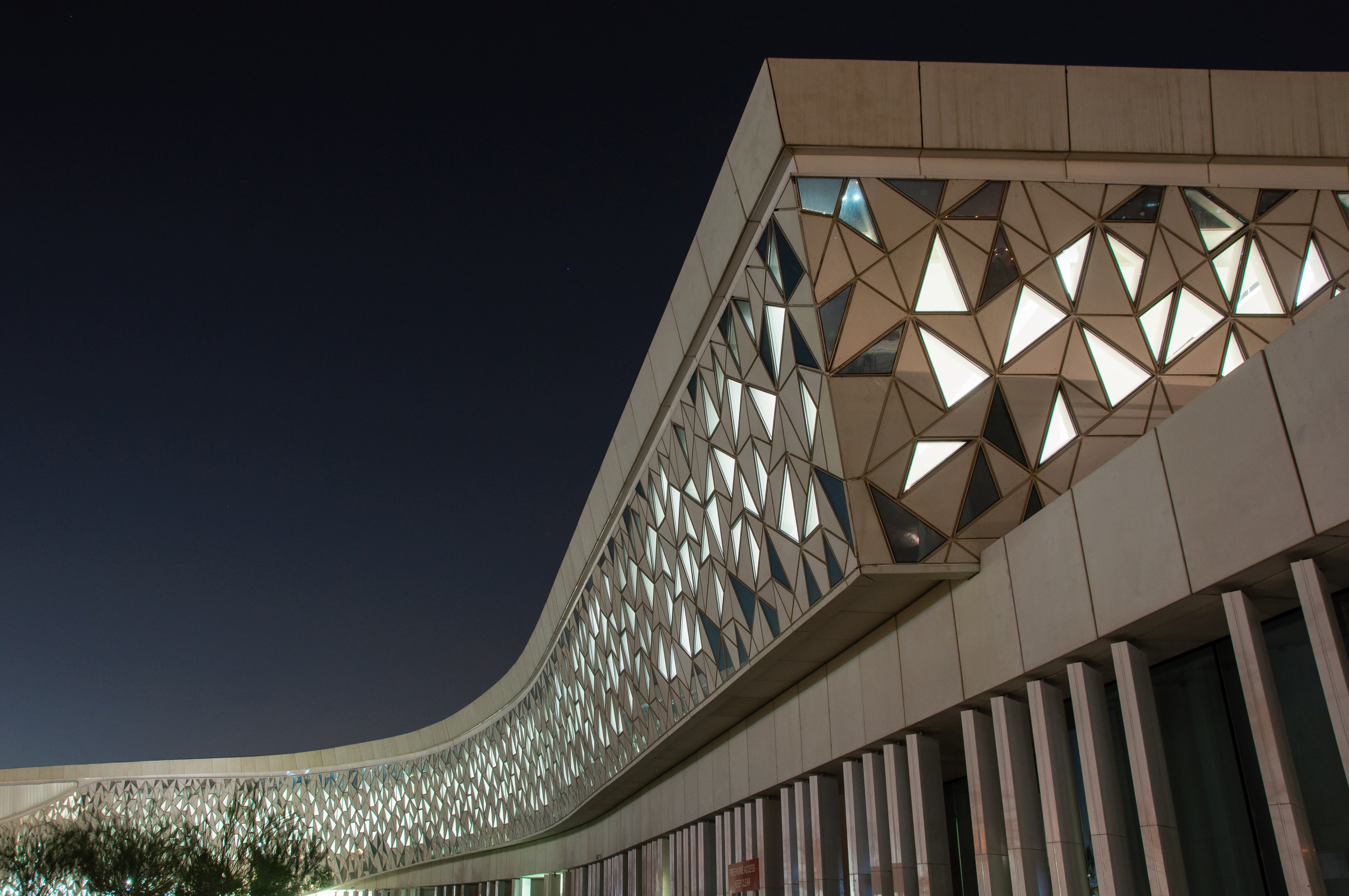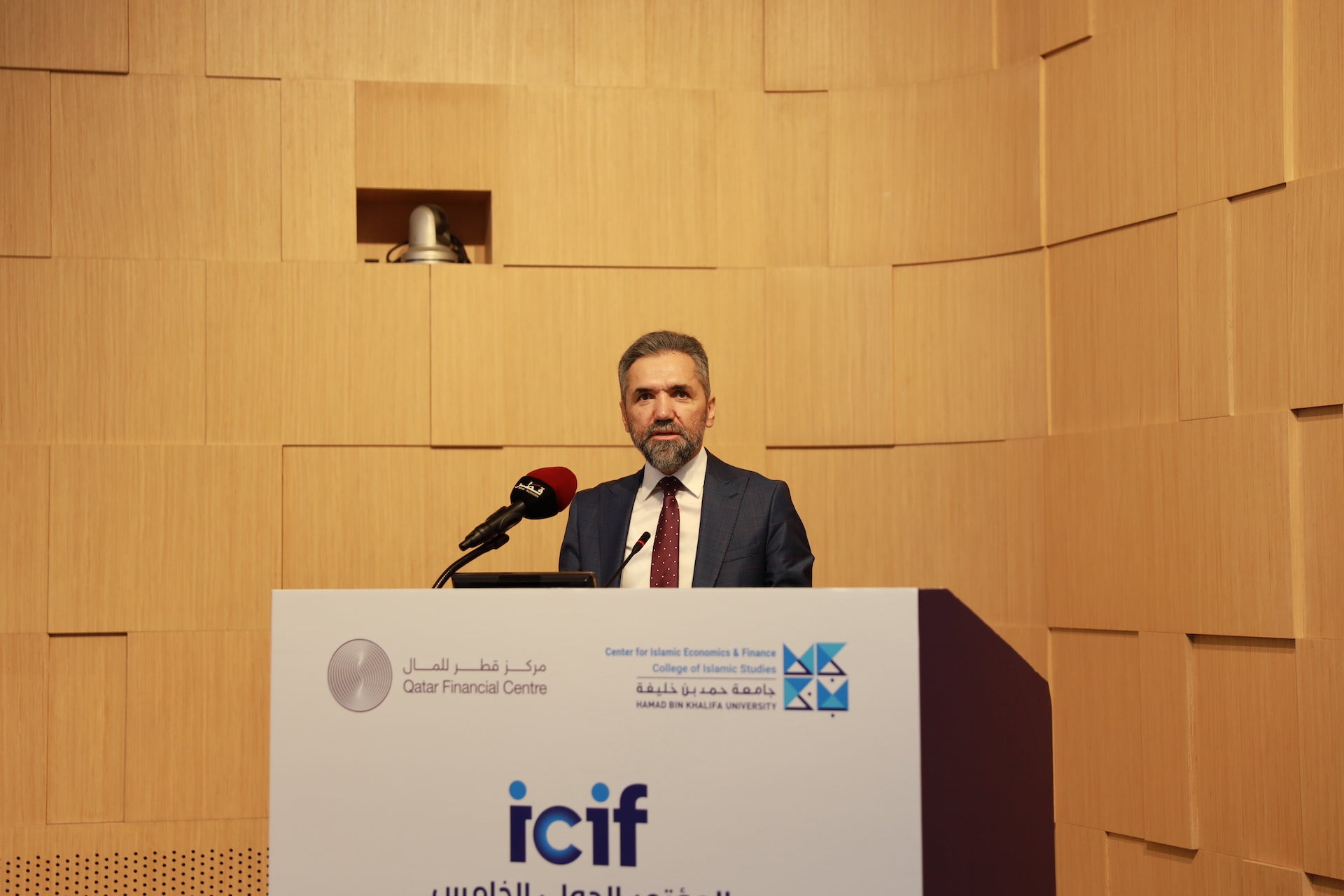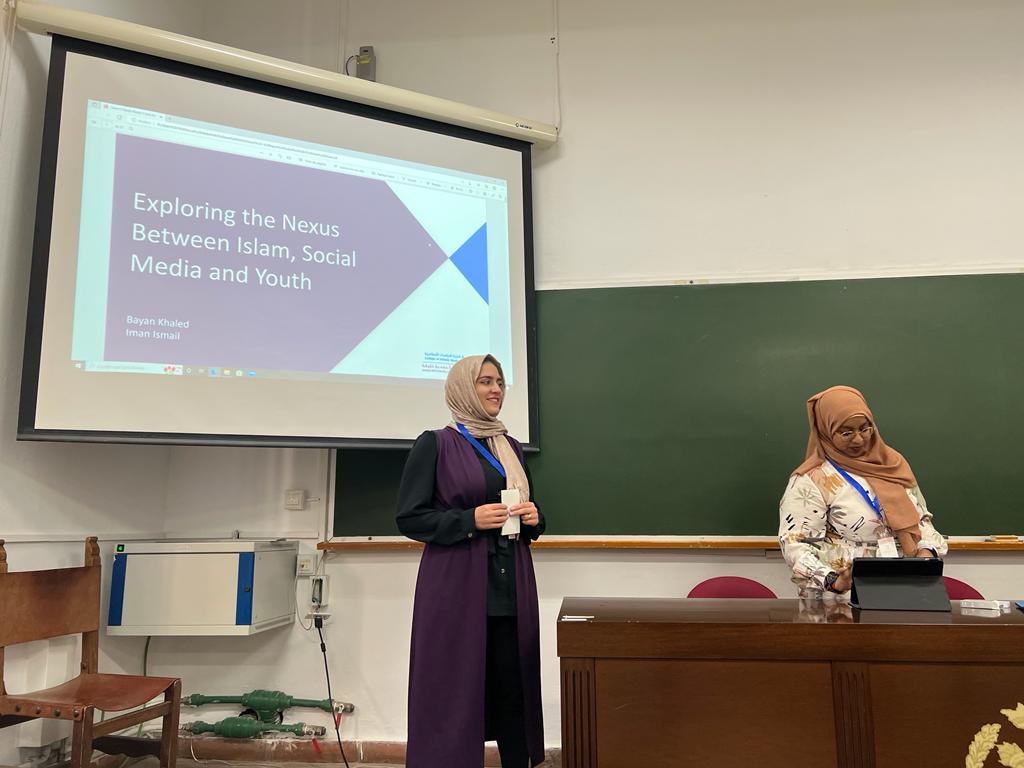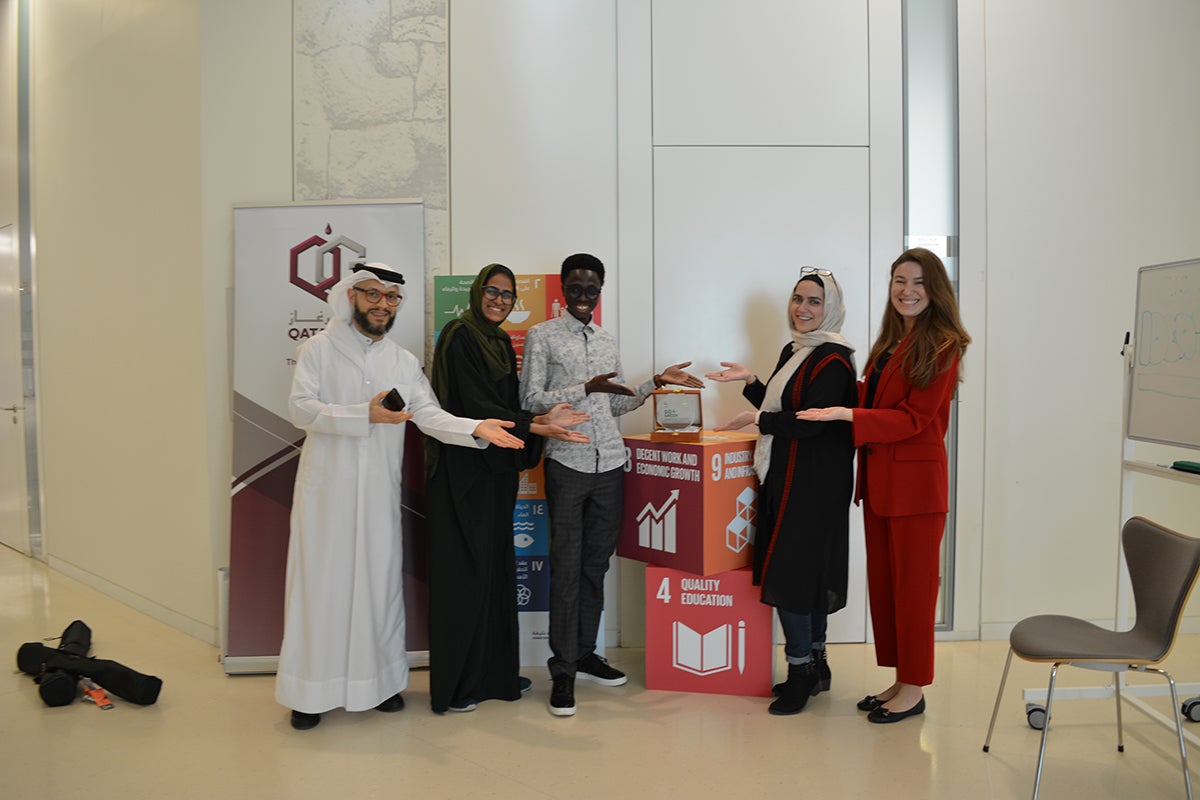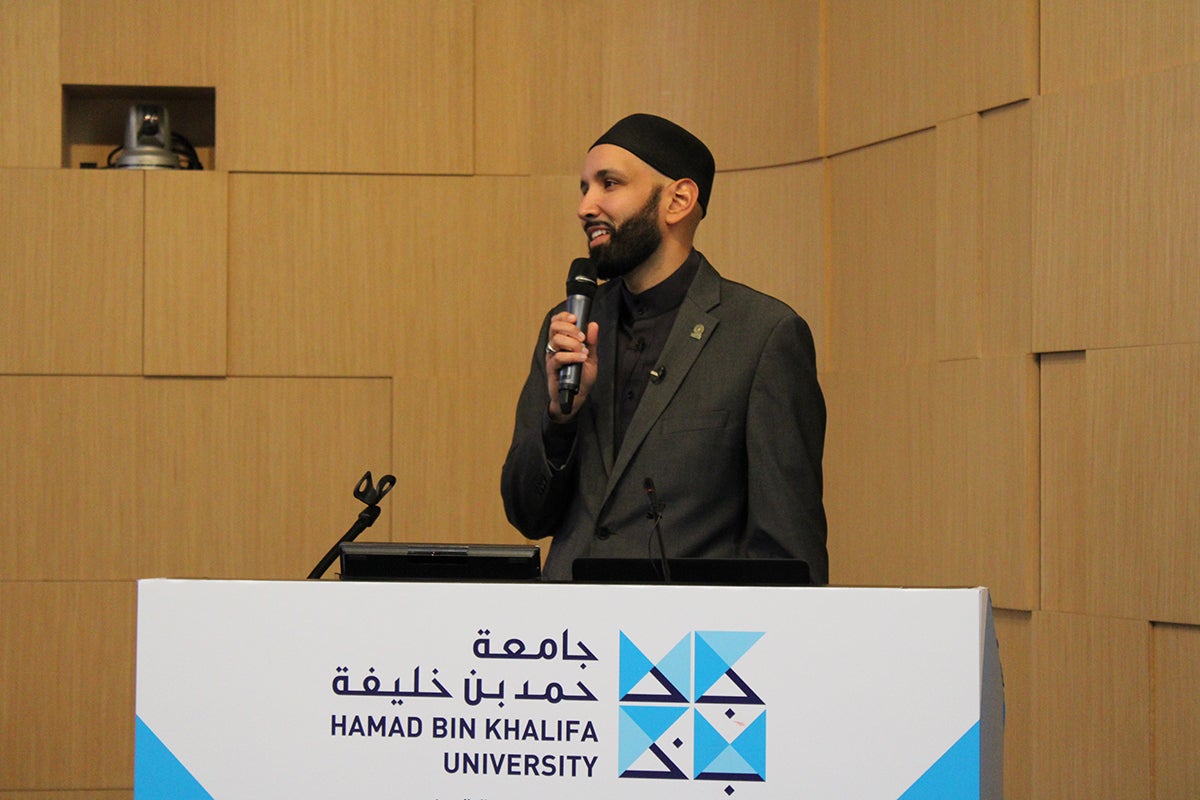Ameen Omar

It is now almost three months since George Floyd was murdered. I can clearly recall my feelings when a friend here in Doha showed me the widely circulated video on his mobile: revulsion, anger, sadness, and a strong sense of transnational solidarity. After all, by the time I viewed the footage, the Black Lives Matter movement was igniting on a global level – including here in Qatar, where I am studying.
As an African American, I also initially felt a tinge of discomfort that such an abhorrent act could have been committed on my home soil. However, I soon realized that the only reason any of us learned of the murder is because racism is a live issue in the States – and is roundly condemned wherever it surfaces. Sadly, the same cannot be said of other nations, where prejudice is a fact of life, and one that all too often goes unchallenged.
Racism is not exclusive to the US
While the condemnation of racism in all of its forms should be a given, I feel it is not helpful to castigate America while remaining silent on discrimination existing in other societies. Racism is a worldwide problem, its perpetuation sustained by the idealization of white skin as somehow superior, whether in the film industry or at the cosmetics counter. If racism in the United States seems the most troubling, it is because of the public attention it receives. The US is often looked to, rightly or wrongly, as the ‘leader of the free world’, so its issues tend to be at the center of international debate.
Racism and discrimination are not monolithic
In some places, race is less visible as a form of division than religious, tribal, or national affiliations. As a Black American in Doha, I feel less discriminated against for my skin tone than I do privileged for my US passport. Though skin color is the most distinguishing feature – and not one that you can easily disguise, the way you can your religion or heritage—this should not be a moment for lauding some countries over others for their perceived tolerance. Racism operates under a whole set of social layers, making it uniquely variable in each society.
When analyzing racism in the US, one has to also account for capitalism being integrally interlinked to societal inequalities. The corporatization of America was fueled by the exploitation of slaves, and then by prison labor. This gives US racism a historical, exploitative element that still has the potential to coerce and incriminate those on the receiving end for prevailing economic interests.
And yet, just as racism has a long and shameful lineage in the US, so the Civil Rights Movement has a proud and storied history. And, a crucial aspect of its success lay in its instrumentalization of media. Policies like affirmative action helped level the playing field for disenfranchised groups, although in recent years this progress has been chipped away by Trump era divisiveness – amplified by an ever-growing number of police brutality incidents.
The role of the state
Law enforcement is not neutral by default, and can often be misguided by judicial practices informed by racial bias. Despite only accounting for 12% of the US population, Black people make up 33% of its correctional facilities’ inmates.
Since George Floyd’s unlawful demise, there have been widespread calls to defund – or even abolish - the police in the US. For many who view law enforcement officials as a source of security, such proposals may seem outlandish. But to many in the Black community, whose experience with the justice system has only ever been threatening, it is clear that meaningful change is needed. The police in the US have a history of persecuting Black people, from the criminalization of petty offenses to the sabotage of black empowerment groups. Demands for change have grown out of the lack of accountability for the illegal actions of law enforcers. How can it be possible for a police officer to be terminated for misconduct, and then simply move to a different area and rejoin the force?
Meaningful reform should, where appropriate, necessitate redirecting of funding away from the police to other government agencies. The police currently perform functions they are not suited for. A shift in funding for social services could indeed help improve the factors contributing to crime – and prevent budgets being blown on military-grade assault weaponry to be used by those who are employed to protect and serve.
Without question, racial problems in the US are deep-lying and vexing. However, this summer of fury on American streets has also given rise to transnational solidarity, as other societies have sought to confront their own issues.
For instance, Floyd’s murder has caused Kenyans to return to discussing police brutality against activists. It has also been an opportunity to raise awareness of other targeted communities around the world, such as Uyghurs, Palestinians, Dalits, Rohingya, among others.
Keep it simple
Hamad Bin Khalifa University (HBKU) recently hosted a discussion on Racism and Discrimination in the Gulf, in which panelists Abrar Alshammari and Hanan Abdulrahman highlighted the importance of working within one’s capacity to tackle racism and discrimination. Sometimes, we are over-ambitious in seeking to eradicate racism by starting at the institutional level, when in reality we yield much more explanatory power by engaging in our own circles. It is easy to confront an enemy who is faceless or detached, but the challenge, and the more effective approach, is to have those difficult conversations with friends, family, and associates. Ultimately, if a community is united, the potential for change is greater. In today’s globalized society, a community can be both localized and international.
A fitting tribute
Civil Rights activist John Lewis passed away last month. He was the last surviving member of the ‘Big Six’, who devoted their lives to campaigning for racial equality in the US, and understood the value of galvanizing the community before disseminating the message far and wide.
It is easy to imagine that their work was done once the Civil Rights Act (1964), Voting Rights Act (1965) and Fair Housing Act (1968) became law, but nothing could be further from the truth. Those tireless campaigners understood that progress can only ever be assured if it is safeguarded and cherished. The deaths of George Floyd and John Lewis serve to remind us that the struggle is endless, for racism knows no borders.
Ameen Omar is pursuing his MA in Islamic Studies with a focus on Civilizations and Society at HBKU's College of Islamic Studies. He has two degrees in History from George Washington University (2019) and George Mason University (2015). Ameen’s academic interests pertain to the social history of the Arabian Peninsula in the late nineteenth and early twentieth centuries, Africana studies, and Islamic intellectual history and the advent of modernity.




